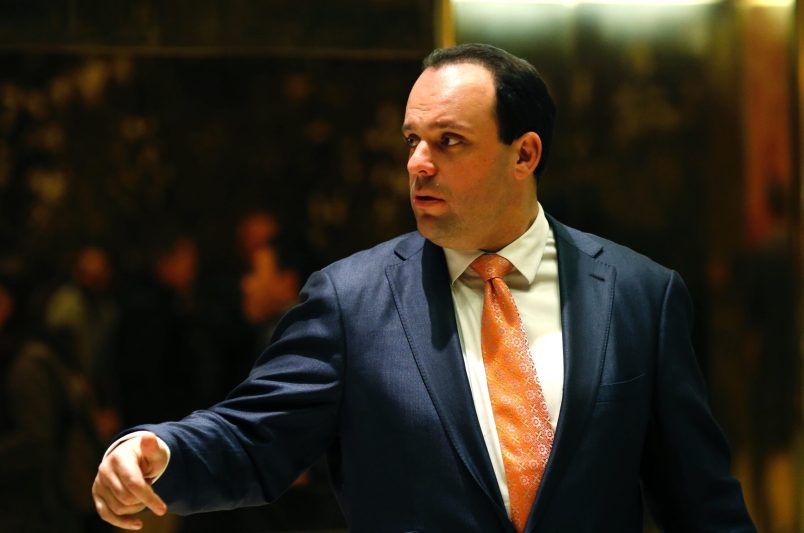For the past 18 hours Republicans have been giddily waving around a new article by Bob Woodward as a smoking gun that proves sequestration should be replaced with spending cuts and spending cuts only — and that President Obama once conceded the point.
Here’s the key section, which certainly carries that implication.
[T]he final deal reached between Vice President Biden and Senate Minority Leader Mitch McConnell (R-Ky.) in 2011 included an agreement that there would be no tax increases in the sequester in exchange for what the president was insisting on: an agreement that the nation’s debt ceiling would be increased for 18 months, so Obama would not have to go through another such negotiation in 2012, when he was running for reelection.
So when the president asks that a substitute for the sequester include not just spending cuts but also new revenue, he is moving the goal posts. His call for a balanced approach is reasonable, and he makes a strong case that those in the top income brackets could and should pay more. But that was not the deal he made.
Woodward’s book about the debt limit crisis includes the fairly inconsequential detail that the idea of using sequestration (as opposed to other policy options) as an enforcement mechanism originated in the White House. Republicans, who voted for the Budget Control Act in overwhelming numbers, argue flimsily that this detail absolves them of all blame for the coming spending cuts, and have since tried to turn Woodward into a sort of grand arbiter of the debt limit fight.
But in this case Woodward is just dead wrong. Obama and Democrats have always insisted that a balanced mix of spending cuts and higher taxes replace sequestration. It’s true that John Boehner wouldn’t agree to include new taxes in the enforcement mechanism itself, and thus that the enforcement mechanism he and Obama settled upon — sequestration — is composed exclusively of spending cuts. But the entire purpose of an enforcement mechanism is to make sure that the enforcement mechanism is never triggered. The key question is what action it was designed to compel. And on that score, the Budget Control Act is unambiguous.
First: “Unless a joint committee bill achieving an amount greater than $1,200,000,000,000 in deficit reduction as provided in section 401(b)(3)(B)(i)(II) of the Budget Control Act of 2011 is enacted by January 15, 2012, the discretionary spending limits listed in section 251(c) shall be revised, and discretionary appropriations and direct spending shall be reduced.”
Key words: “deficit reduction.” Not “spending cuts.” If Republicans wanted to make sure sequestration would be replaced with spending cuts only, that would have been the place to make a stand. Some of them certainly tried. But that’s not what ultimately won the day. Instead the, law tasked the Super Committee with replacing sequestration with a different deficit reduction bill — tax increases or no.
“The goal of the joint committee shall be to reduce the deficit by at least $1,500,000,000,000 over the period of fiscal years 2012 to 2021,” according to the BCA. The bill even provided the House and Senate instructions for advancing a Super Committee bill if it included revenue. This couldn’t be clearer. In the Super Committee’s waning hours, Republicans tried to entice Democrats into a spending-cut heavy agreement by acceding to a small amount of revenue. Democrats balked — the balance was off — but all of that just goes to show that a tax increase has always been a likely element of a replacement bill, and Republicans know it.
Woodward just biffed this one.







